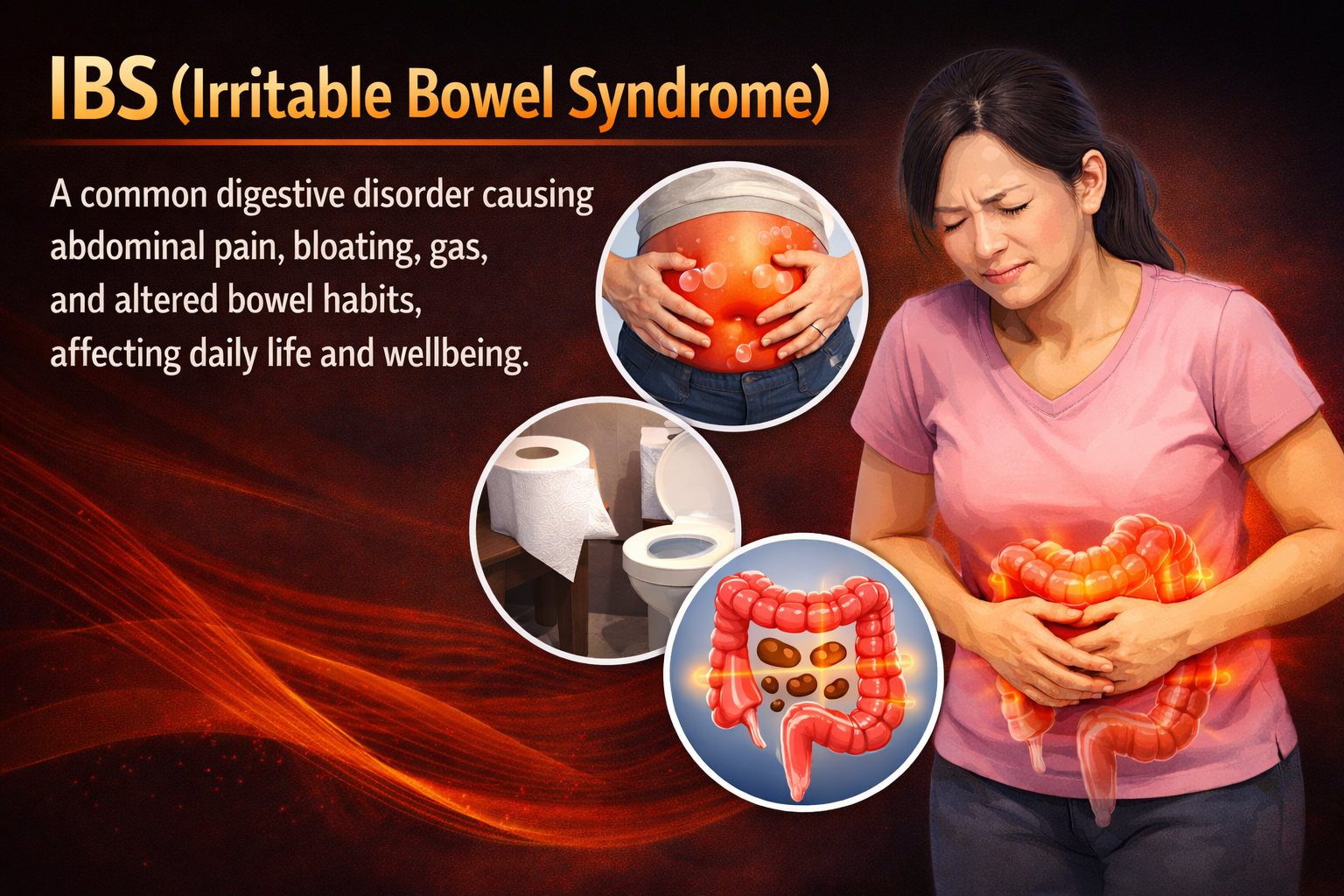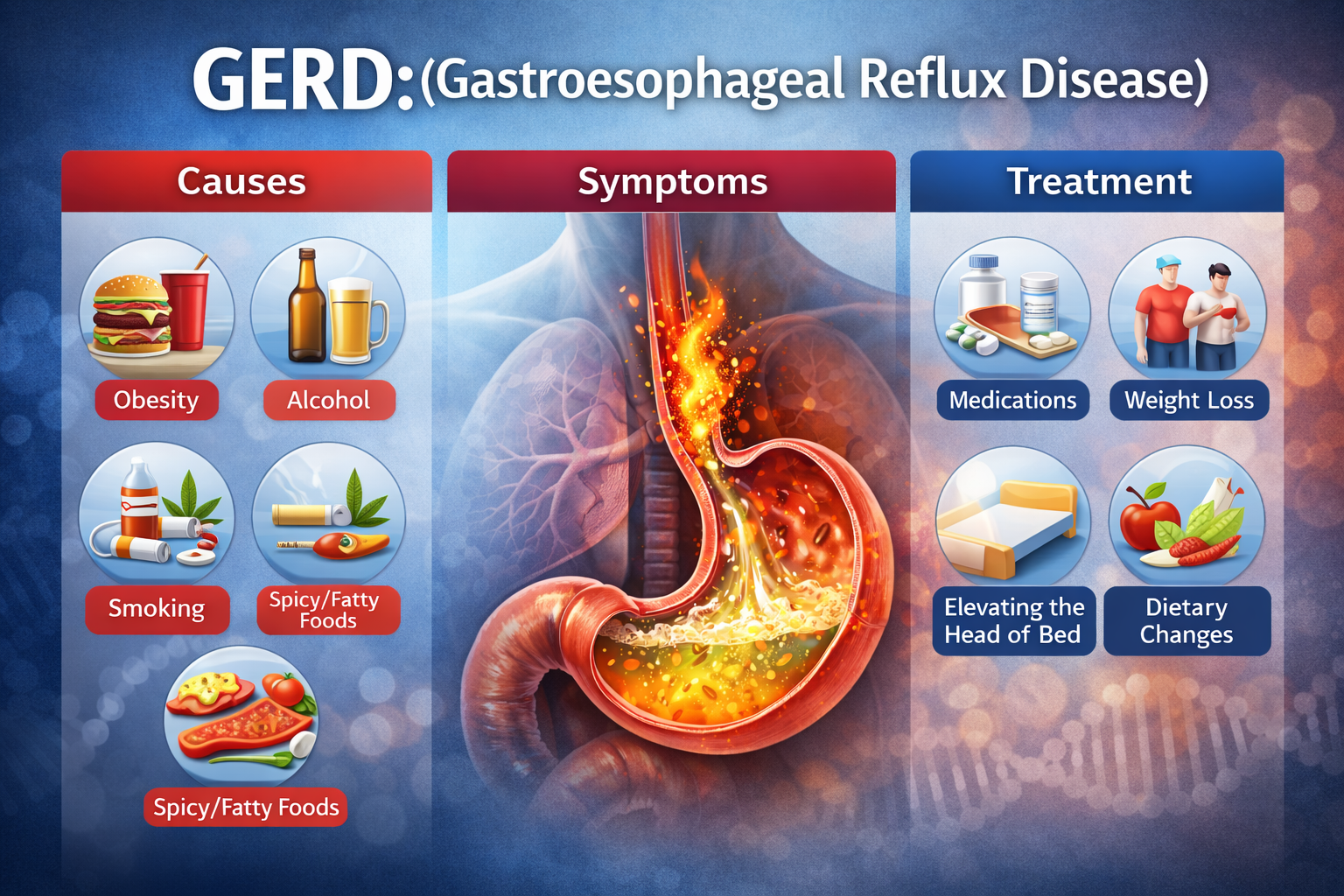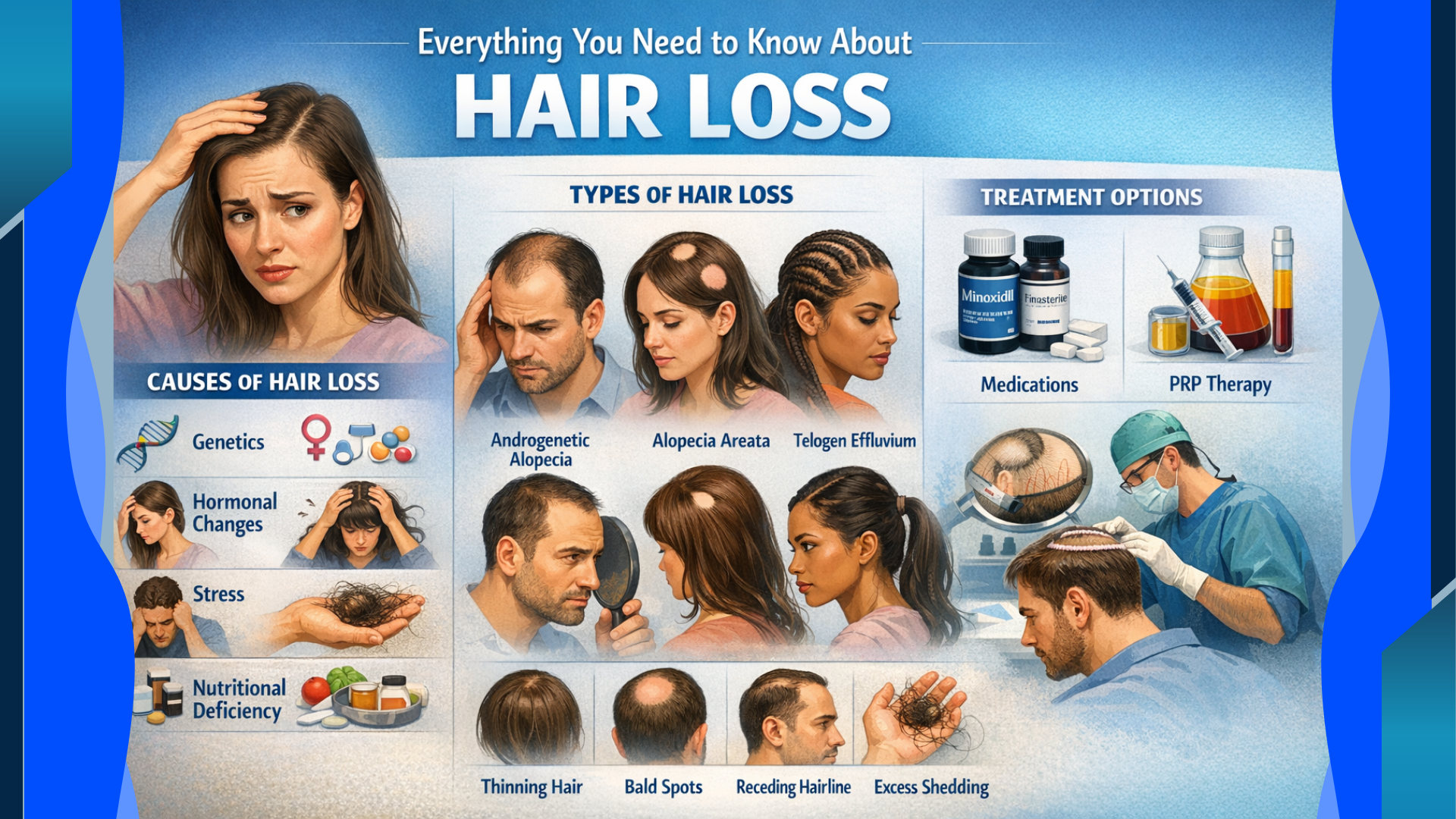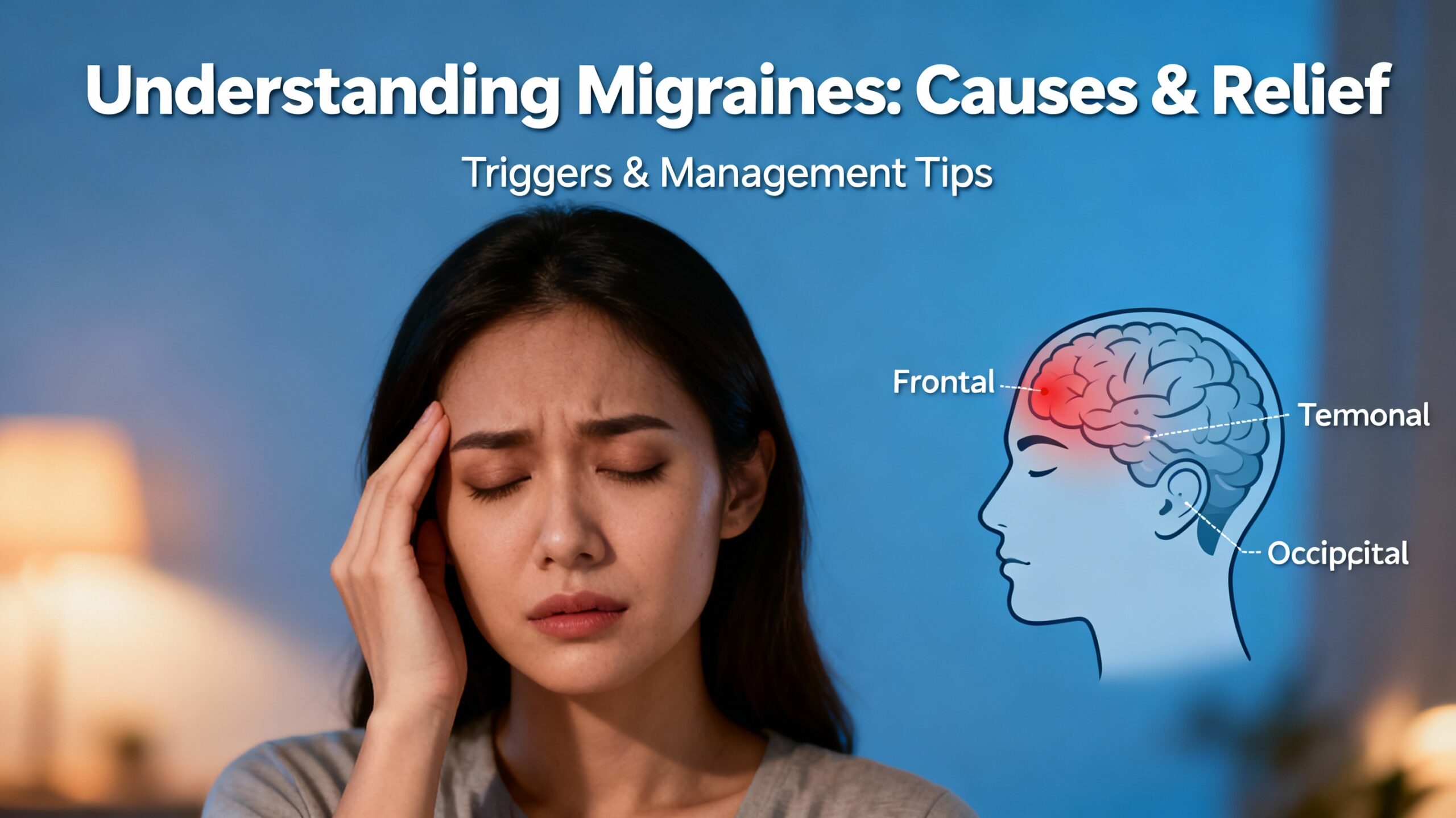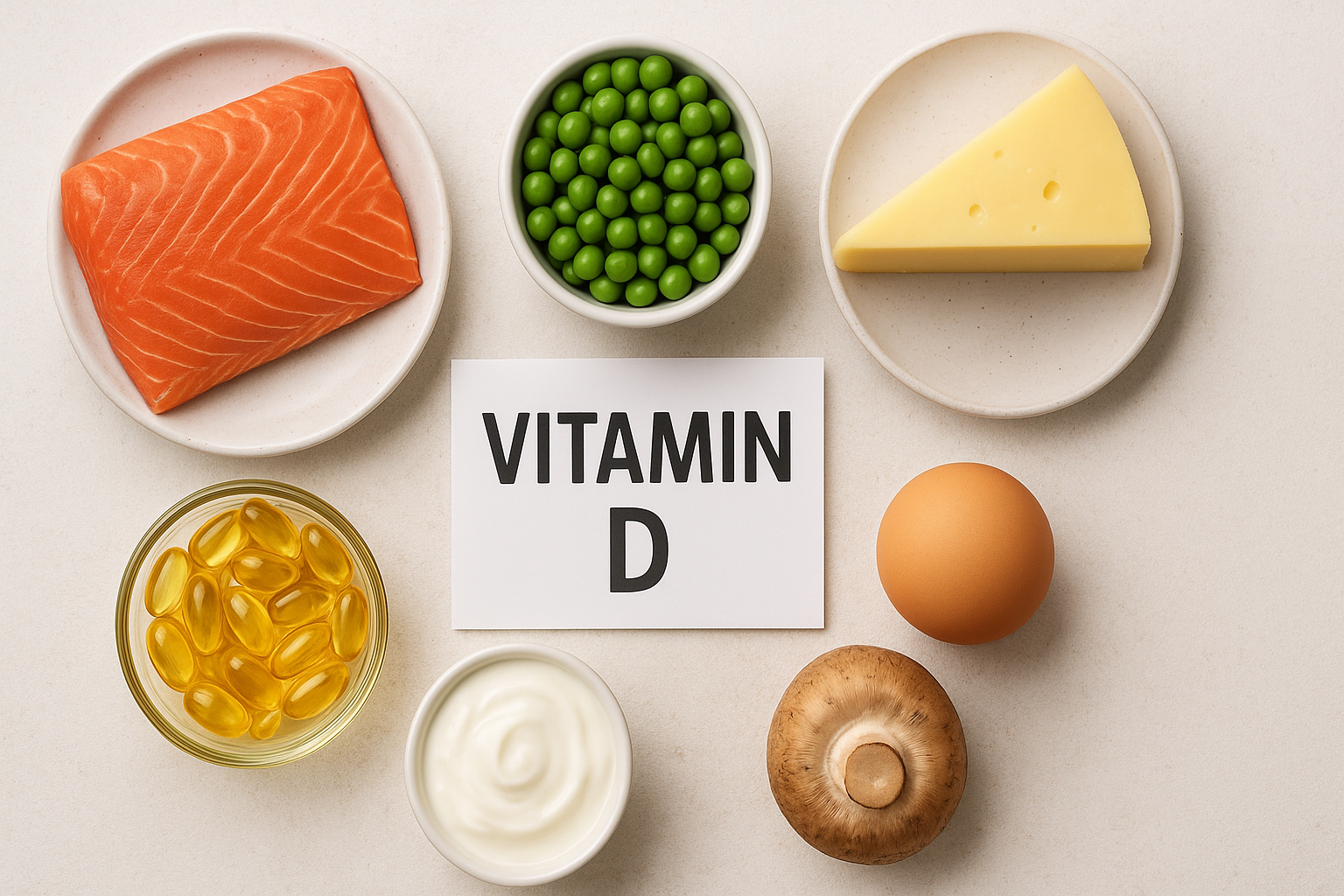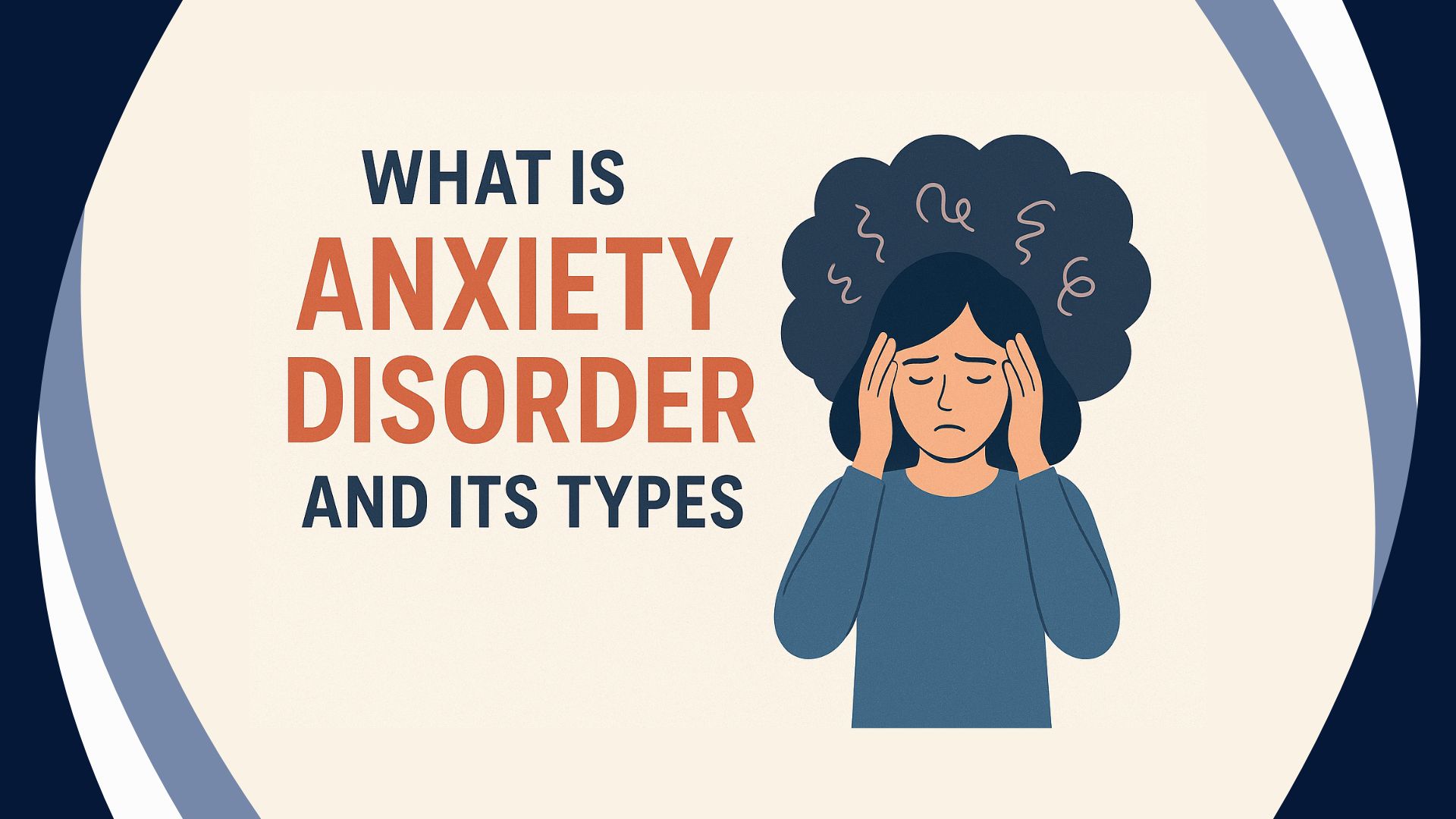PCOD And PCOS
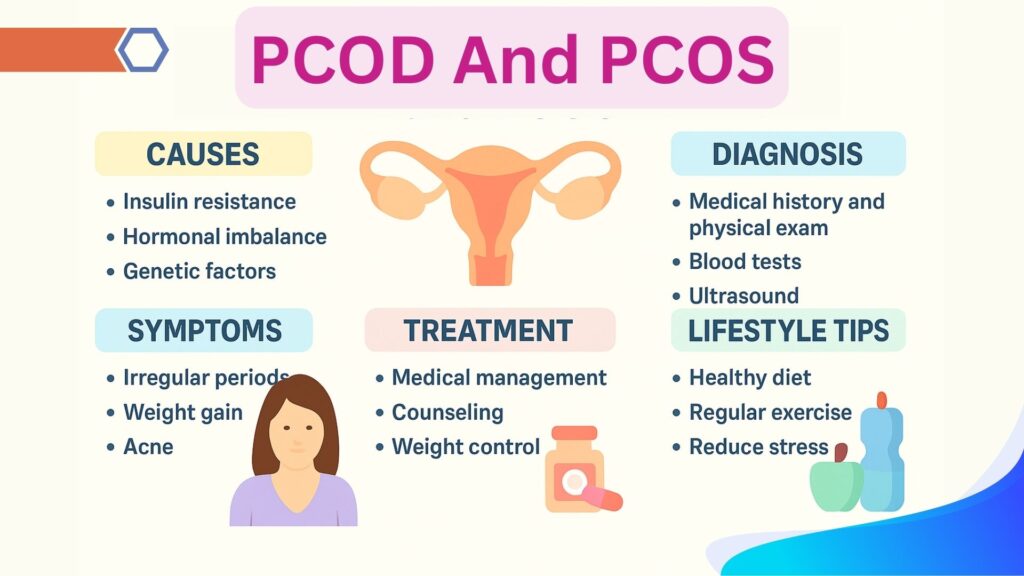
Everything need to know about PCOD and PCOS ?
Symptoms
Causes
Treatment
PCOD (Polycystic Ovary Disease) or PCOS (Polycystic Ovary Syndrome) affects a woman’s ovaries, which are responsible for making hormones like progesterone and estrogen that regulate periods. The ovaries also produce small amounts of other hormones, including androgens (male hormones).
About 10% of women worldwide have PCOD. Women with PCOS, however, produce more male hormones than usual. This hormone imbalance can lead to missed periods and make it more difficult to become pregnant.
What is PCOD ?
PCOD (Polycystic Ovarian Disease) is a condition where the ovaries produce many immature eggs, which eventually turn into cysts. This causes the ovaries to grow larger and release extra male hormones (androgens), leading to problems like irregular periods, difficulty getting pregnant, hair loss, and weight gain. Managing PCOD is often possible with changes to diet and lifestyle.
What is PCOS ?
PCOS (Polycystic Ovary Syndrome) is a metabolic condition where hormonal imbalances affect women during their reproductive years (ages 12 to 51). Higher levels of male hormones can cause irregular periods, difficulty with ovulation, unwanted hair growth on the body and face, and may increase the risk of heart disease and diabetes over time. PCOS is a serious condition that needs proper medical care or sometimes surgery.
Common sign and symptoms of PCOD and PCOS ?
PCOD (Polycystic Ovarian Disease)
- Irregular Menstrual Cycles: Inconsistent periods or missed periods.
- Ovarian Cysts: Small fluid-filled sacs on the ovaries visible on ultrasound.
- Difficulty Getting Pregnant: Trouble with ovulation can lead to fertility issues.
- Excessive Hair Growth: Increased hair on the face, chest, or back.
- Acne: Breakouts and oily skin.
- Weight Gain: Unexplained or excessive weight gain.
- Thinning Hair: Hair loss on the scalp.
PCOS (Polycystic Ovary Syndrome)
- Irregular Periods: Periods that are infrequent, heavy, or skipped.
- Ovarian Cysts: Multiple small cysts on the ovaries, often seen on an ultrasound.
- Excess Androgens: Elevated levels of male hormones leading to symptoms like excessive hair growth, acne, and oily skin.
- Difficulty Conceiving: Problems with ovulation leading to challenges in getting pregnant.
- Weight Gain: Increased weight, often in the abdominal area.
- Hair Thinning: Thinning hair on the scalp.
- Insulin Resistance: Can lead to higher risk of type 2 diabetes.
- Fatigue: Feeling unusually tired or low energy.
Both conditions can have overlapping symptoms, and their management may require a combination of lifestyle changes, medications, and sometimes medical or surgical interventions. Consulting with a healthcare provider is essential for proper diagnosis and treatment.
Lifestyle Changes and Home Remedies for PCOD/PCOS
PCOD/PCOS affects hormone levels in women. To help manage this condition and lower androgen levels, consider these steps:
- Maintain a Healthy Weight: Aim for a BMI (body mass index) between 18.5 and 24.9, which is ideal. Weighing over 30 is considered obese. Keeping a healthy weight or losing excess weight can improve cholesterol levels, reduce high blood pressure, heart disease, and diabetes risk, and help regulate insulin and androgen levels. Consult a dietitian for a weight-loss plan to reach a healthy BMI.
- Limit Carbohydrates: Follow a low-carb or complex carbohydrate diet to help manage insulin levels. Focus on eating fish, meat, eggs, vegetables, and natural fats (like sunflower seeds and butter). Avoid sugary and starchy foods (such as potatoes, bread, rice, pasta, and beans).
- Exercise Regularly: Engage in regular physical activity to help control blood sugar levels and maintain a healthy weight. Aim for at least 20 minutes of moderate-intensity exercise five days a week.
Treatment for PCOD and PCOS
Treatment targets the specific issues caused by PCOD/PCOS, such as irregular periods, obesity, infertility, acne, and excessive hair growth. It generally includes:
- Lifestyle Changes: Weight loss, diet, and exercise can help regulate menstrual cycles. Losing 5-10% of your body weight can make a significant difference.
- Medication: To address hormonal imbalances and insulin resistance.
- Ovulation Induction: Oral medications and injections to improve ovulation.
- Fertility Treatments: Fertility drugs to assist with conception.
- Hair Removal: Treatments to reduce excessive hair growth.
- Skin Treatments: For managing acne and pigmentation.
- Ovarian Drilling: A laparoscopic procedure to destroy androgen-producing tissue in the ovaries if other treatments fail.
Diet and exercise play a crucial role in managing PCOD/PCOS. Weight loss through a balanced diet and regular exercise can enhance ovulation and insulin levels while reducing risks of cholesterol, heart disease, and diabetes. Timely diagnosis and proper treatment, combined with a healthy lifestyle, are key to managing symptoms effectively.
Can PCOD Be Cured Permanently ?
PCOD isn’t a severe condition, but it can’t be completely cured. However, you can manage it effectively by maintaining a healthy weight, eating a diet rich in complex carbohydrates, exercising regularly, and staying active. Regular check-ups with a gynecologist and primary care doctor are also recommended to manage symptoms and ensure long-term health.
Can PCOS Be Cured Permanently ?
PCOS (Polycystic Ovary Syndrome) is a serious condition that cannot be completely cured. However, its symptoms can be managed to improve quality of life.
Women with PCOS should regularly monitor their blood pressure, blood sugar levels (to check for type 2 diabetes), cholesterol levels, and other potential complications.
It’s important to have regular check-ups with a primary care doctor or gynecologist to manage symptoms. Your doctor might recommend:
- Lifestyle Changes: Adopting a healthier diet and exercise routine to manage weight, insulin, and cholesterol levels.
- Medications: To address irregular periods, high cholesterol, fertility issues, acne, pigmentation, excessive hair growth, hair thinning, insulin levels, and blood pressure.
- Laparoscopic Ovarian Drilling: A surgical option to reduce testosterone levels if other treatments are ineffective.
